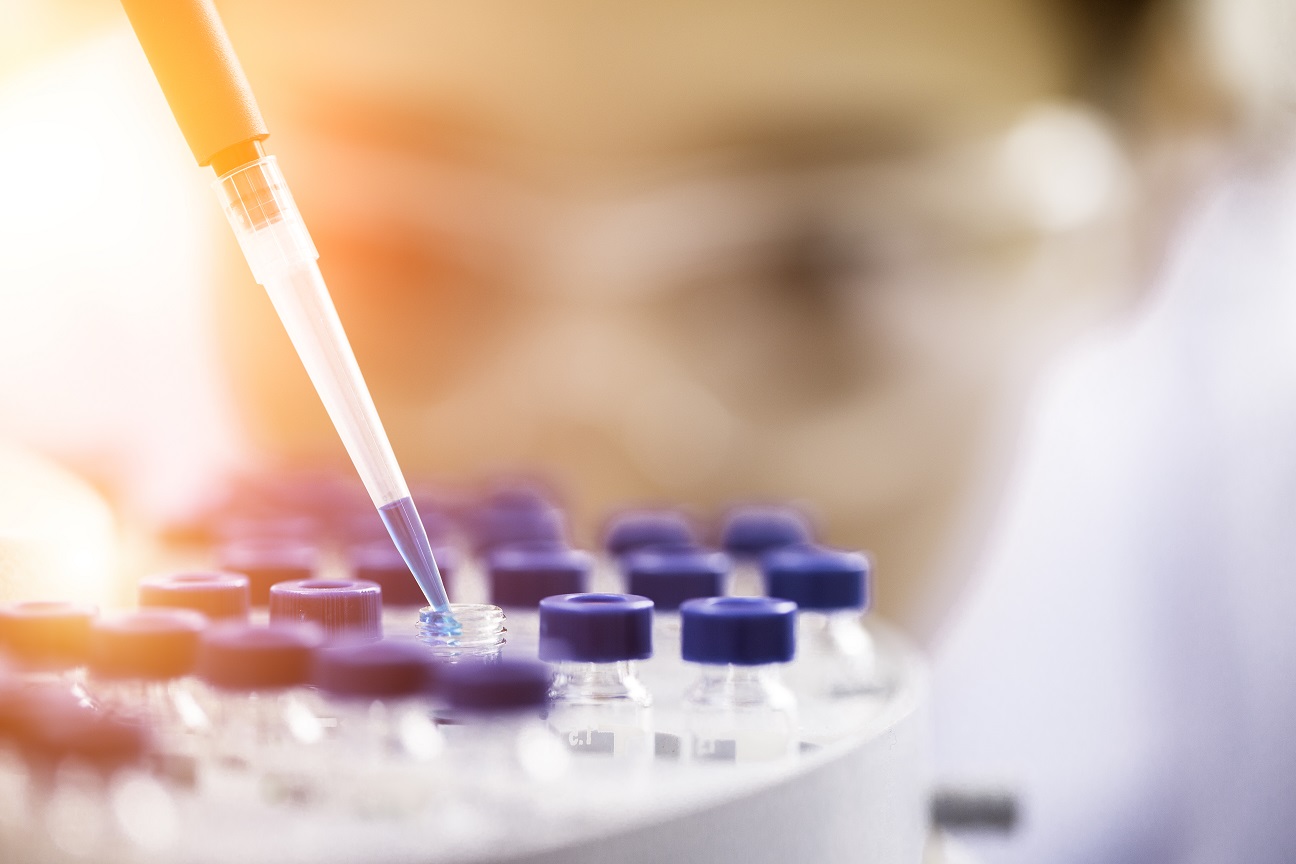New medical devices regulation gains approval in Spain
Published on 25th April 2023
The Council of Ministers has approved Royal Decree 192/2023 of 21 March, which regulates medical devices in Spain and establishes a new regulatory framework that includes ensuring the highest safety standards and health protection for patients and users

The royal decree regulates at a national level aspects that Regulation (EU) 2017/745 of the European Parliament and of the Council, of 5 April 2017, on medical devices in the European Union (which has been in force since 26 May 2021) leaves to regulation by each Member State.
The EU regulation aims to harmonise the applicable regulations and the marketing of medical devices within the EU, without this posing a risk to the health of patients and users.
The royal decree repeals (with the exceptions set out in its transitional and derogatory provisions) the provisions laid down in Royal Decree 1591/2009 of 16 October 2009 and Royal Decree 1616/2009 of 26 October 2009, which until now regulated medical devices in Spain.
The scope of application of the royal decree is broad and covers medical devices for human use, their accessories and the equipment and instruments used in permanent and semi-permanent make-up and skin tattooing using invasive techniques.
Medical facilities
The royal decree also develops aspects related to the manufacture and management of medical devices in medical facilities. It regulates the need to obtain prior operating licences, which are to be granted by the Spanish Agency of Medicines and Medical Products (AEMPS), by any natural or legal person that manufactures, imports, group, or sterilise medical devices, as well as by any other facilities in which the above activities are carried out.
It also sets out that hospitals that manufacture devices for their own exclusive use must notify the start of the activity to the AEMPS and declare that such devices comply with the general safety and performance requirements. It regulates specific aspects of the activities of manufacturers of custom-made medical devices, which must be registered in an ad hoc registry, and it establishes measures relating to reprocessing and reuse of single-use medical devices.
Marketing medical devices
The royal decree also provides for the creation of a marketing registry for products distributed in Spain, which may only be distributed and sold (under supervision and inspection of the relevant regional authorities) if they have not expired and if they comply with the EU regulation and the royal decree.
It also prohibits the sale to the public by mail order or telematic means of those medical devices that are subject to prescription (as well as implantable medical devices and any other product intended exclusively for the use of healthcare professionals) and the sale of medical devices by itinerant vendors.
On the other hand, it allows the sale through vending machines of products that do not require medical prescription, provided that they are stored safely and remain intact, as well as the presentation at fairs, exhibitions, and shows of products that do not comply with the royal decree, provided that it is clearly and visibly indicated that they will not be marketed until their conformity is declared.
Clinical trials
The royal decree also regulates aspects relating to clinical trials to prove the conformity of products. Specifically, it states that medical devices may only be made available to healthcare professionals, provided that the clinical trial has the relevant favourable opinion of the CEIm, or Ethics Committee for Research on Medicinal Products, in place.
Vigilance obligations
Finally, it sets out vigilance obligations for health professionals and public authorities when they become aware of a serious incident involving a device, category of device or group of devices and must notify the AEMPS so that it can pass it on to the manufacturer.
Whenever justified, the AEMPS may take the measures it deems necessary with regard to said devices, such as issuing provisions on how to use them, imposing special monitoring measures, or including warnings about the risks arising from their use. Incidents may also be reported by the patients and users concerned, even if they have already been brought to the attention of the AEMPS by the medical practitioners.
Osborne Clarke comment
Medical devices for human use may only be placed on the Spanish market if they comply with the provisions of the royal decree and the EU regulation from which it derives.
Cooperation between the AEMPS and the relevant regional authorities regarding registration is also necessary to control and monitor compliance of obligations by all parties involved.





